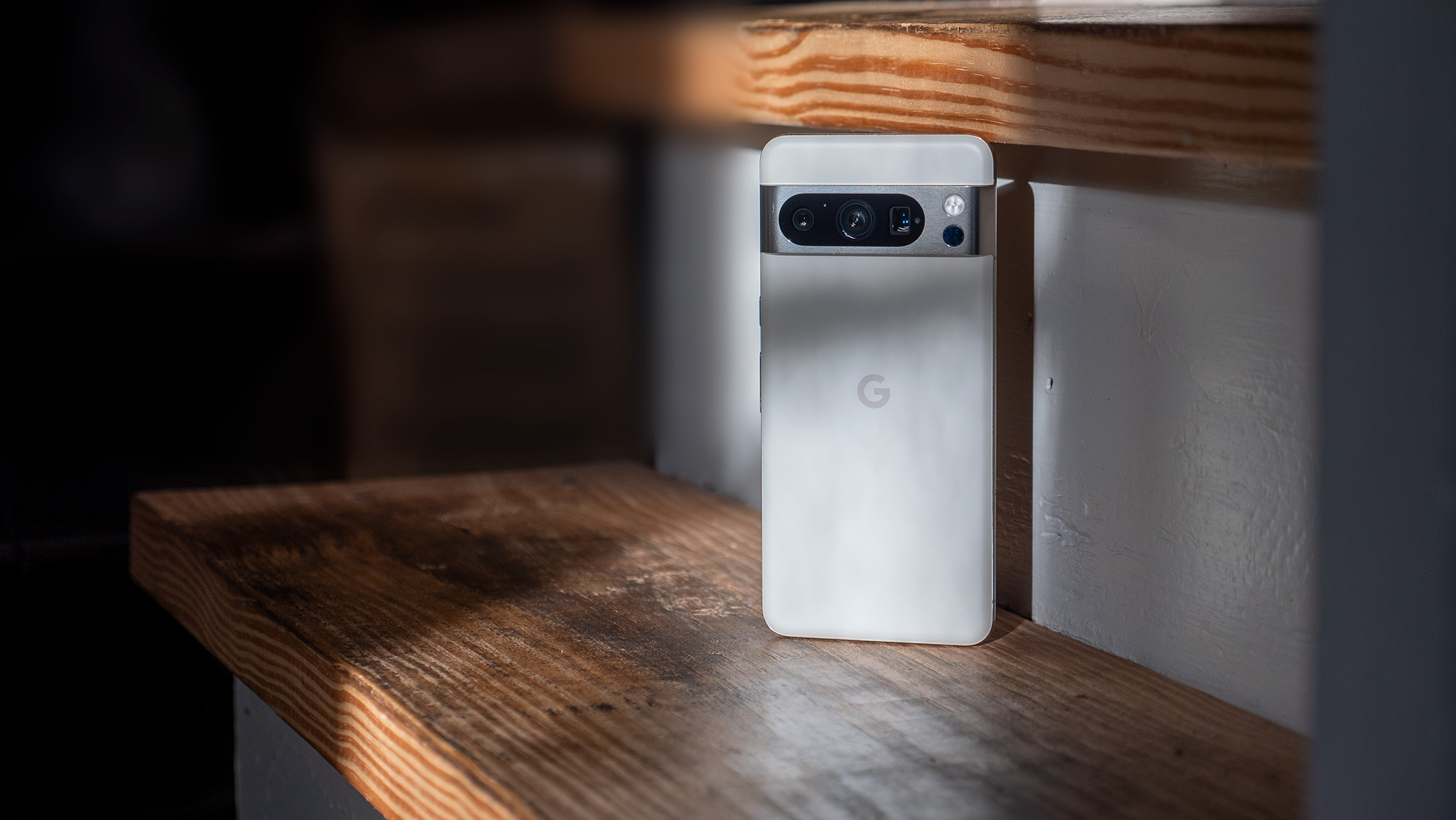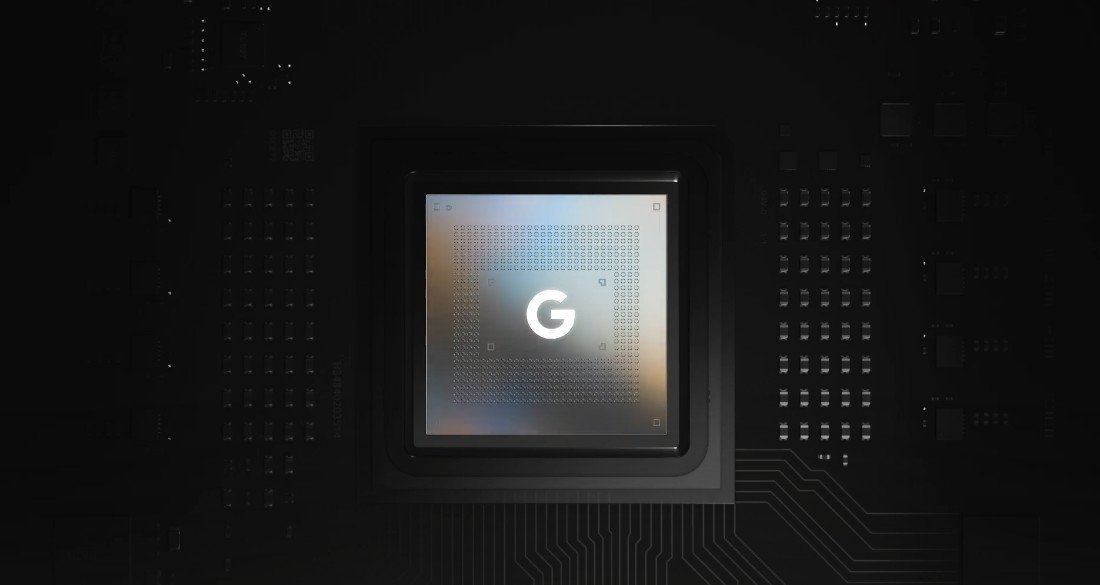bradypsnyder@gmail.com (Brady Snyder)
2024-08-05 16:52:51
www.androidcentral.com
What you need to know
- A recent report suggests the Tensor G4 chipset will only bring minor upgrades over the current Tensor G3 generation.
- Although Tensor G3 held up better than Tensor G2, it’s still very much losing in the performance race to Qualcomm.
- If the upgrades to Tensor G4 are minor and the bigger jump is expected to come next year with Tensor G5, it might be worth waiting to buy the Pixel 10.
Leaks surrounding the Google Pixel 9 series are heating up ahead of a Made by Google event that’s less than two weeks away. We expect to see a whopping four phones debut there, including the Pixel 9, Pixel 9 Pro, Pixel 9 Pro XL, and Pixel 9 Pro Fold. They’ll all presumably be powered by the Tensor G4 chip, which will be Google’s next in-house mobile system-on-a-chip (SoC). However, if recent reports are to be believed, Google might not be planning a massive performance increase over the current Tensor G3 chip.
The news comes via Android Authority, which says an unnamed source at Google revealed the Tensor G4 isn’t going to be a considerable upgrade over the Tensor G3. There is a new architecture for the chipset, which uses a 4+3+1 layout with Cortex-A520 (1.9GHz), Cortex-A720 (2.6GHz), and Cortex-X4 (3.1GHz). This will reportedly lead to “slightly higher” clock speeds compared to the Tensor G3.
Still, it’s much of the same for the Tensor G4. According to the report, the Mali-G715 will be used for graphics, just like the Tensor G3. Although it is said to be clocked higher this time, at 940MHz instead of 890MHz, it’s unclear how much of a difference that will make in everyday usage. The biggest upgrade might come from the inclusion of a Samsung Exynos 5400 modem that’s reported to reduce power consumption by as much as half.
Sometimes, chip progress stalls and it’s just part of the ebbs and flows of processor design and fabrication. However, slow development will impact Google more than it would, say, Apple and Qualcomm. The latter two companies are at the top of their game, with the A17 Pro and Snapdragon 8 Gen 3 SoCs both representing the best mobile processing has to offer.

The same can’t be said for Google. The company fixed the glaring problems with the Tensor G2 platform last year, solving the overheating issues and the disastrous performance. Still, it’s hard to describe the current Tensor G3 as great. It’s passable, but performance lags behind the likes of Apple and Qualcomm even still. Another year of middling performance with the Tensor G4 wouldn’t do anything to quell concerns that Pixels don’t have the performance to keep up with other flagships nowadays.
Android phones are now marketed as long-term buys, with Google and Samsung touting seven years of software support across their current crop of flagship devices. And yet, if the Tensor G3 and G4 lag behind the competition today, how will these chips fare seven years from now? We’ve called these OS update promises into question before, but the guarantees are more concerning if the Tensor G4 isn’t a notable improvement. To run Android in the 2030s, these chips will almost assuredly need more power.
So, it all comes down to this: are you willing to invest in a Pixel that isn’t even performance-competitive today, especially when reports indicate that the following Tensor G5 upgrade could represent the biggest year-to-year performance upgrade we’ve seen from Google? If I’m considering spending my hard-earned cash, I’m waiting for the Pixel 10.
Everything we know about the Tensor G5 platform

It’s tricky to understate how big of a performance leap we’re expecting from the Tensor G5 platform, which could launch in 2025 with the Pixel 10 series. The Tensor G5 is said to be the first Google chip made using a fully custom design. If you recall, custom designs are what helped Qualcomm and Apple both deliver excellent performance and optimization from their chipsets. It’s also rumored to be produced by TSMC, which is clearly the leader in chip fabrication at the moment, trouncing Intel and Samsung.
According to a recent report from the Taiwan Commercial Times, Google is at the “tapeout” step in the chip design and fabrication process. This is a big moment where the company will decide whether to move forward with mass production of the Tensor G5. It’s a lengthy process to make a smartphone chip, but the fact that this stage is occurring now could indicate that the TSMC-made Tensor G5 chip will be ready for the Pixel 10 series.
To date, every Tensor chip was based on a Samsung Exynos design, and is fabricated by Samsung. However, reports say that the switch to TSMC for the Tensor G5 platform will utilize the company’s 3nm process node. For perspective, Apple was the first to use TSMC’s 3nm process in the mobile sector with the A17 Pro, which is the leader in mobile performance. Qualcomm is actually a step behind with the Snapdragon 8 Gen 3 platform, which uses the 4nm process.
All together, it looks more and more like the Pixel 10 and its Tensor G5 chip will be the one to wait for. Tensor G4 is reportedly nothing special, meanwhile the Tensor G5 made by TSMC could be groundbreaking. If you’re considering investing in a Pixel, perhaps think about waiting a year to get the best value for your money.
Support Techcratic
If you find value in our blend of original insights (Techcratic articles and Techs Got To Eat), up-to-date daily curated articles, and the extensive technical work required to keep everything running smoothly, consider supporting Techcratic with Bitcoin. Your support helps me, as a solo operator, continue delivering high-quality content while managing all the technical aspects, from server maintenance to future updates and improvements. I am committed to continually enhancing the site and staying at the forefront of trends to provide the best possible experience. Your generosity and commitment are deeply appreciated. Thank you!
Bitcoin Address:
bc1qlszw7elx2qahjwvaryh0tkgg8y68enw30gpvge
Please verify this address before sending any funds to ensure your donation is directed correctly.
Bitcoin QR Code
Your contribution is vital in supporting my efforts to deliver valuable content and manage the technical aspects of the site. To donate, simply scan the QR code below. Your generosity allows me to keep providing insightful articles and maintaining the server infrastructure that supports them.

Privacy and Security Disclaimer
- No Personal Information Collected: We do not collect any personal information or transaction details when you make a donation via Bitcoin. The Bitcoin address provided is used solely for receiving donations.
- Data Privacy: We do not store or process any personal data related to your Bitcoin transactions. All transactions are processed directly through the Bitcoin network, ensuring your privacy.
- Security Measures: We utilize industry-standard security practices to protect our Bitcoin address and ensure that your donations are received securely. However, we encourage you to exercise caution and verify the address before sending funds.
- Contact Us: If you have any concerns or questions about our donation process, please contact us via the Techcratic Contact form. We are here to assist you.
Disclaimer: As an Amazon Associate, Techcratic may earn from qualifying purchases.



























































![CIA Whistleblower Sitting On Biggest UFO Secrets [Lue Elizondo Interview]](https://techcratic.com/wp-content/uploads/2024/11/1731796200_maxresdefault-360x180.jpg)








